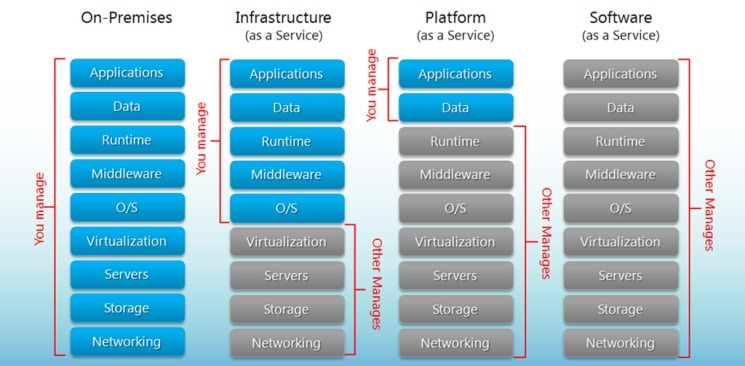Pivotal gives you option to deploy your application with help of Cloud Foundry inside AWS Cloud. I am little confused how PCF and AWS are differ. I know that PCF gives solution using which host (client) can make their own cloud on-premises.
AWS do not provide anything like that. And has lot of other services for elasticity, agility and scalability.
But these two are huge in terms of offerings. Please help in differentiating these two.

